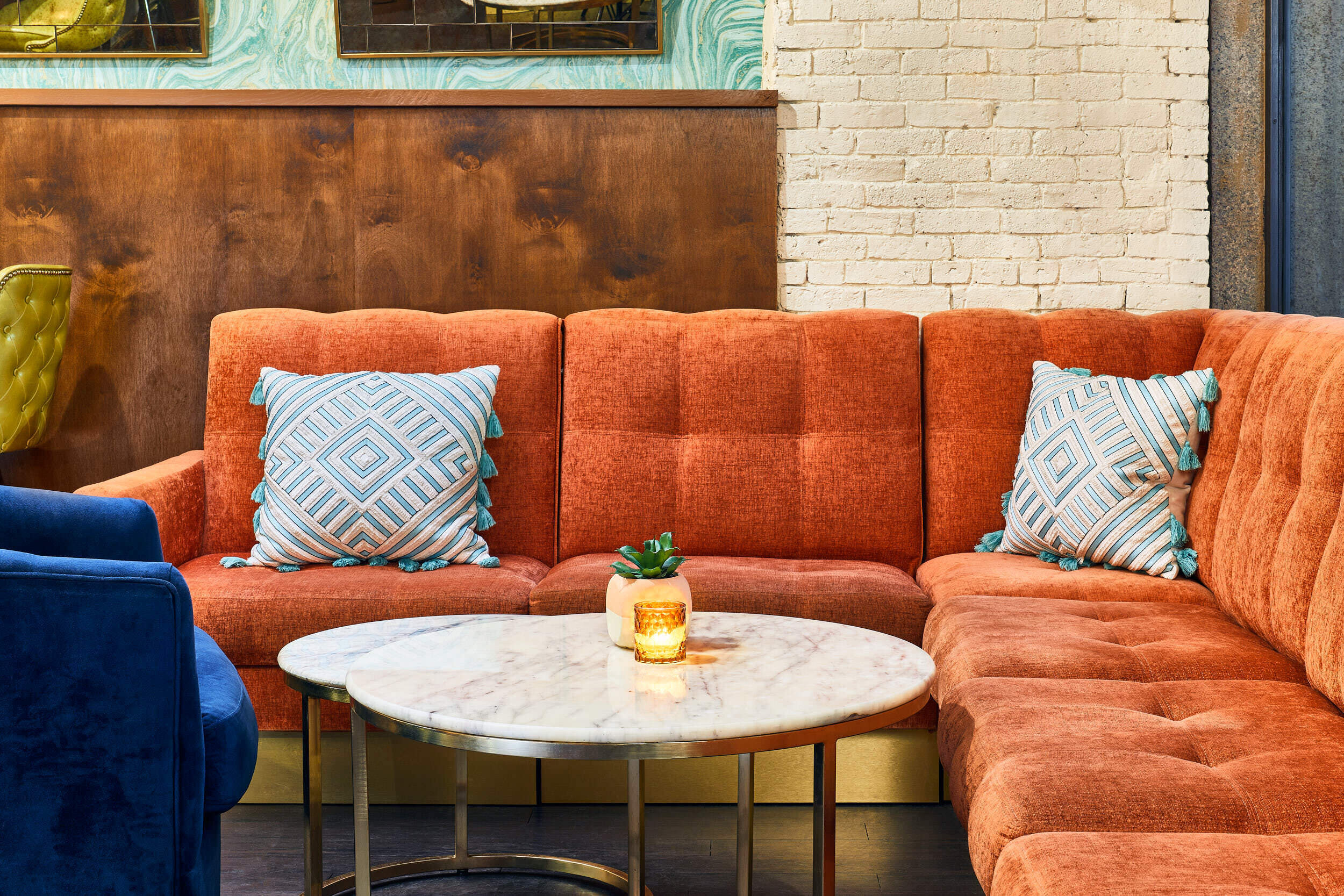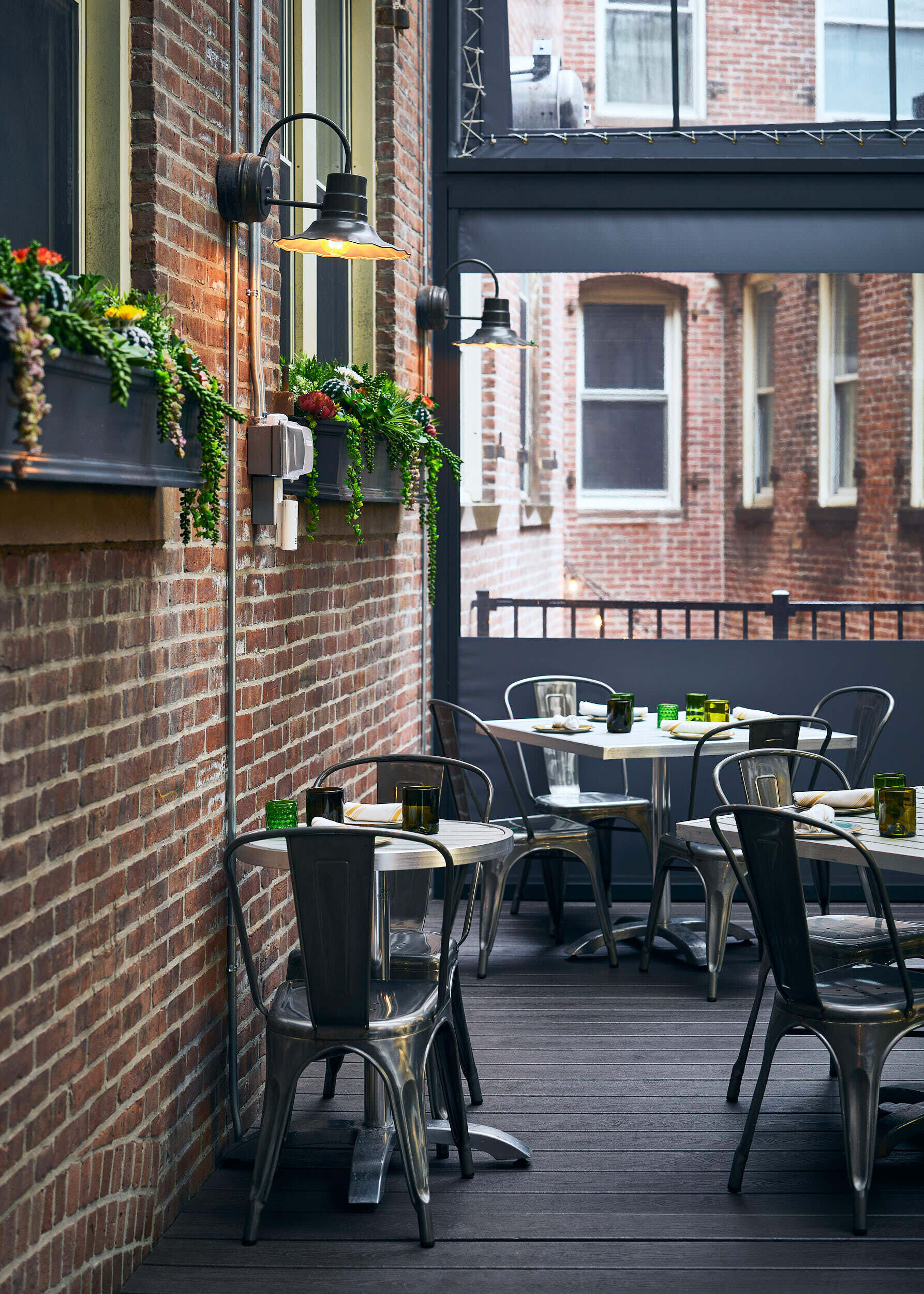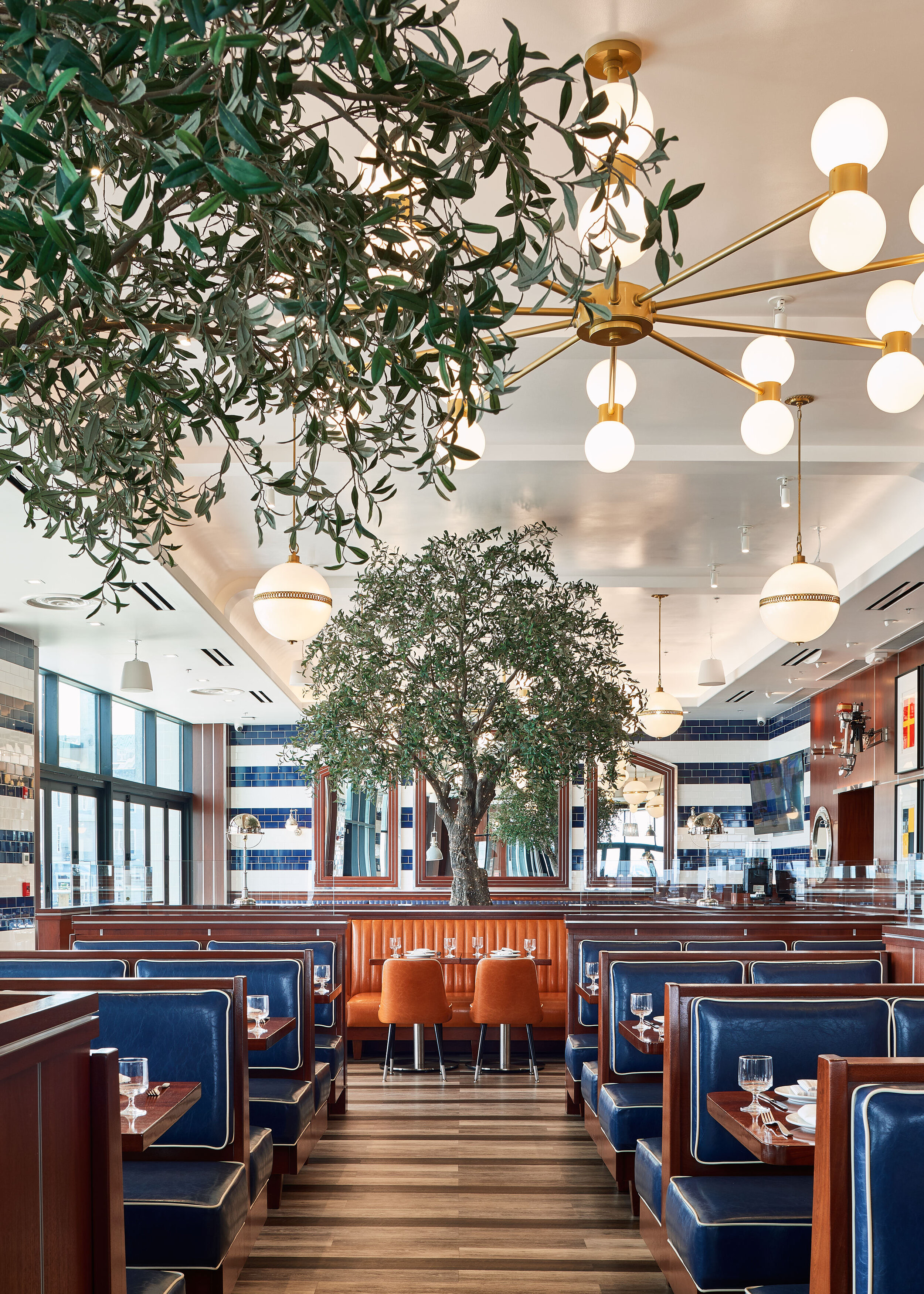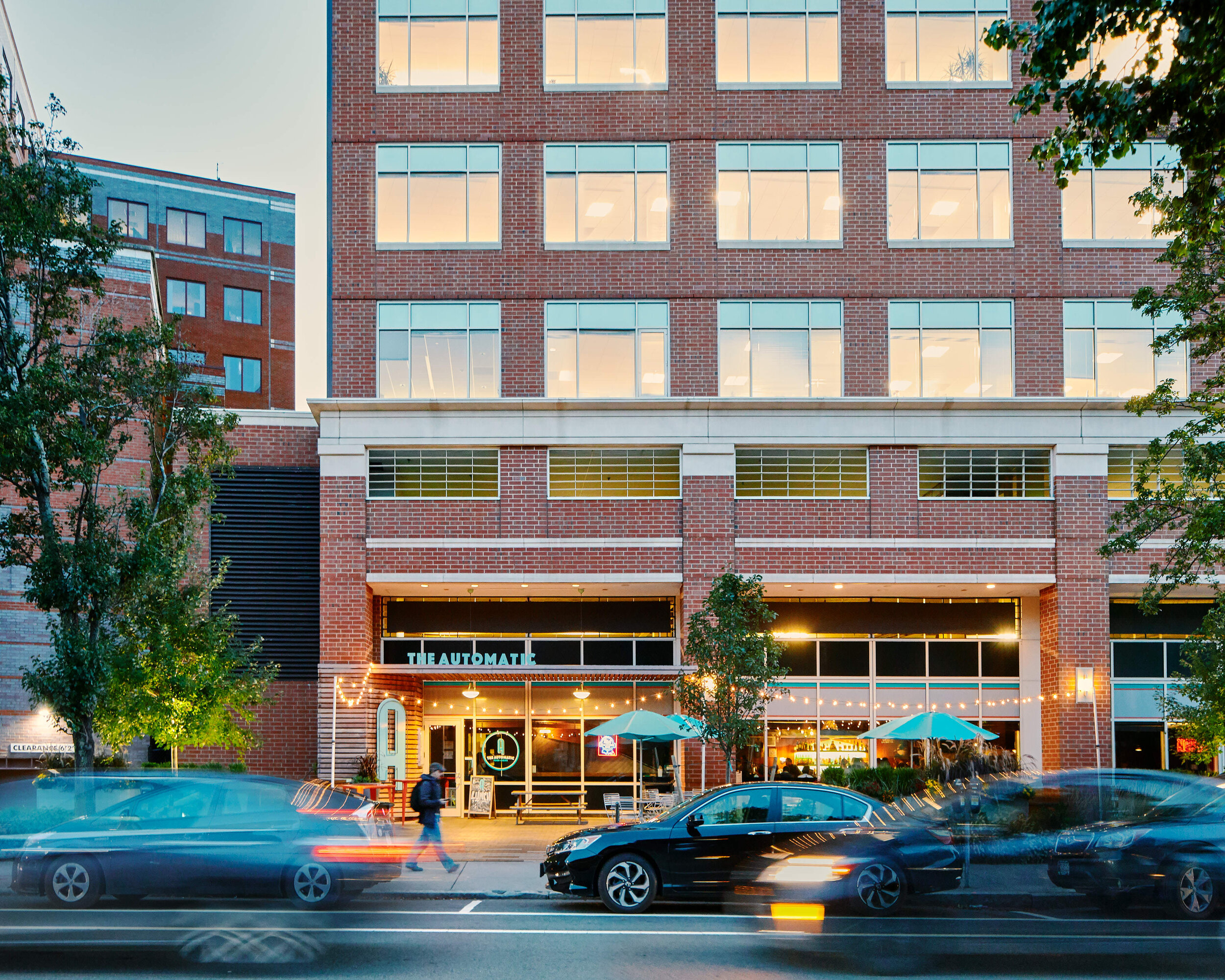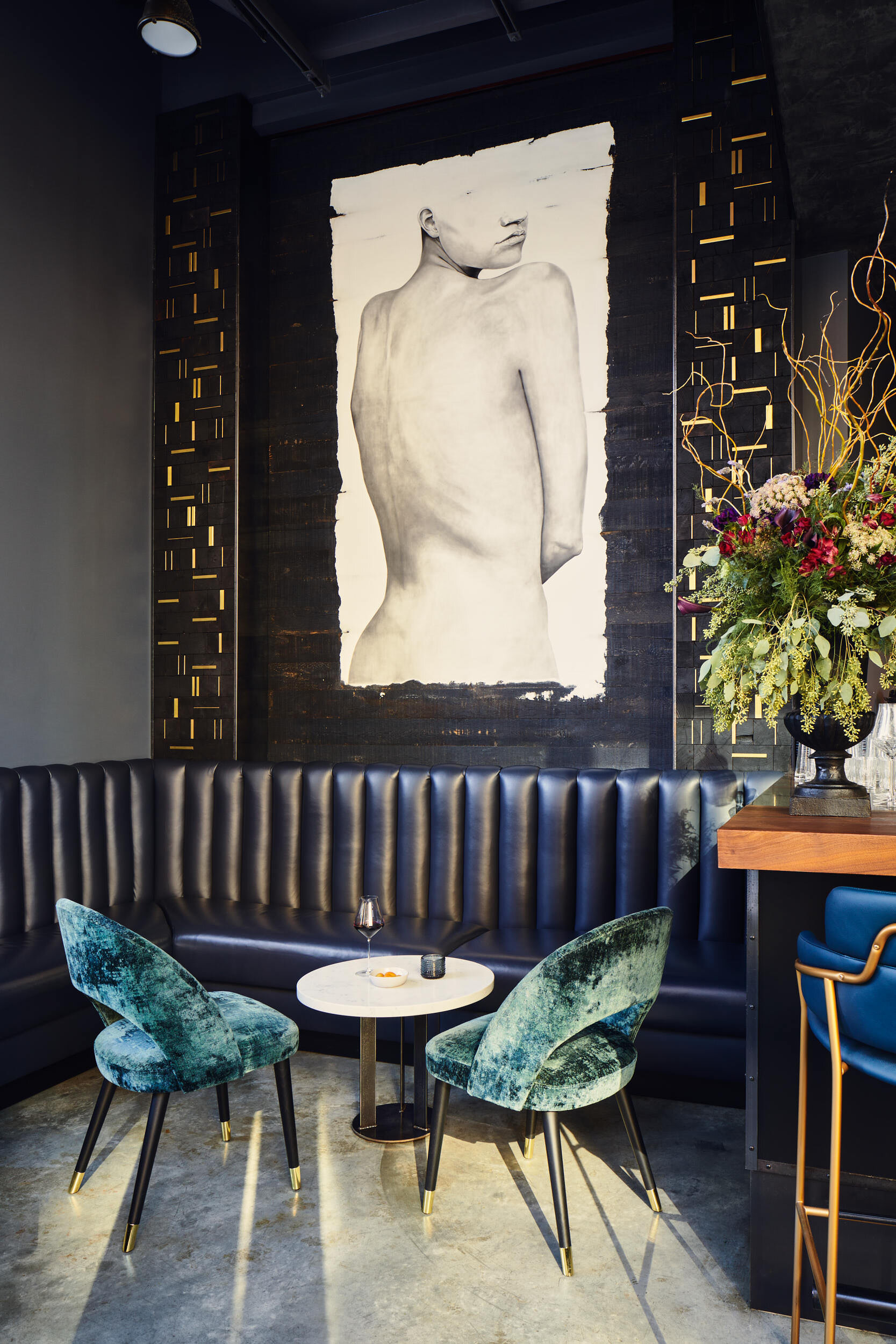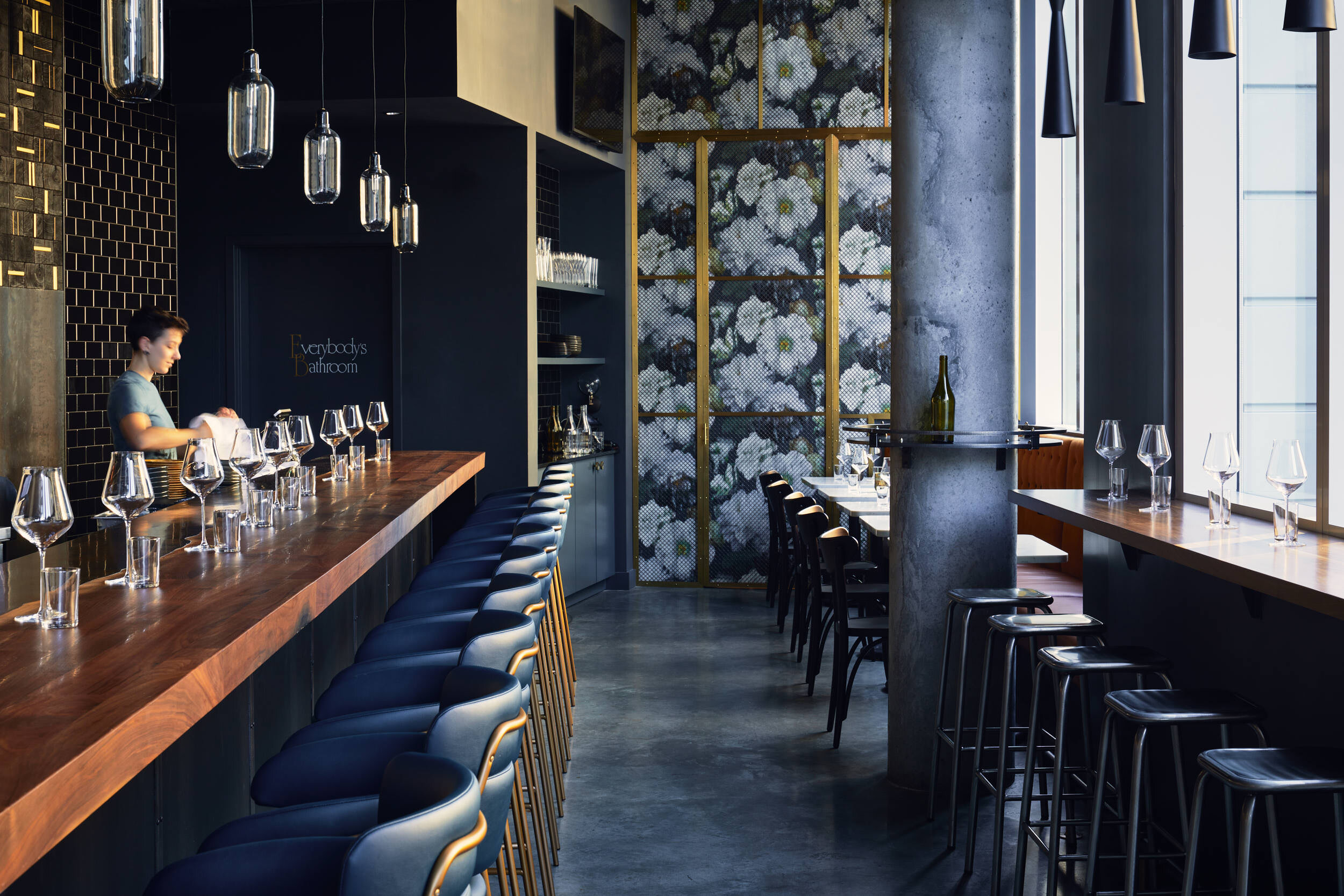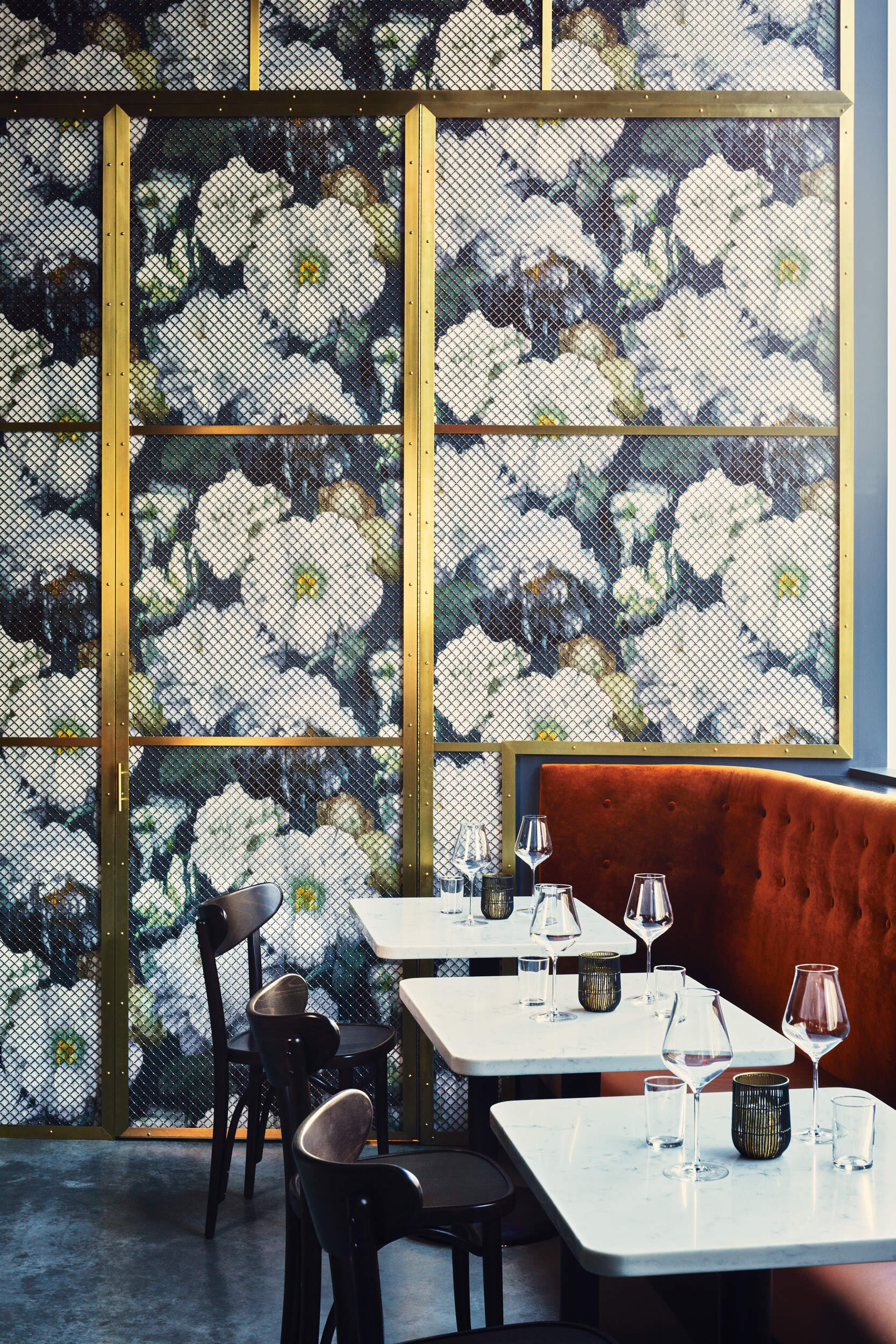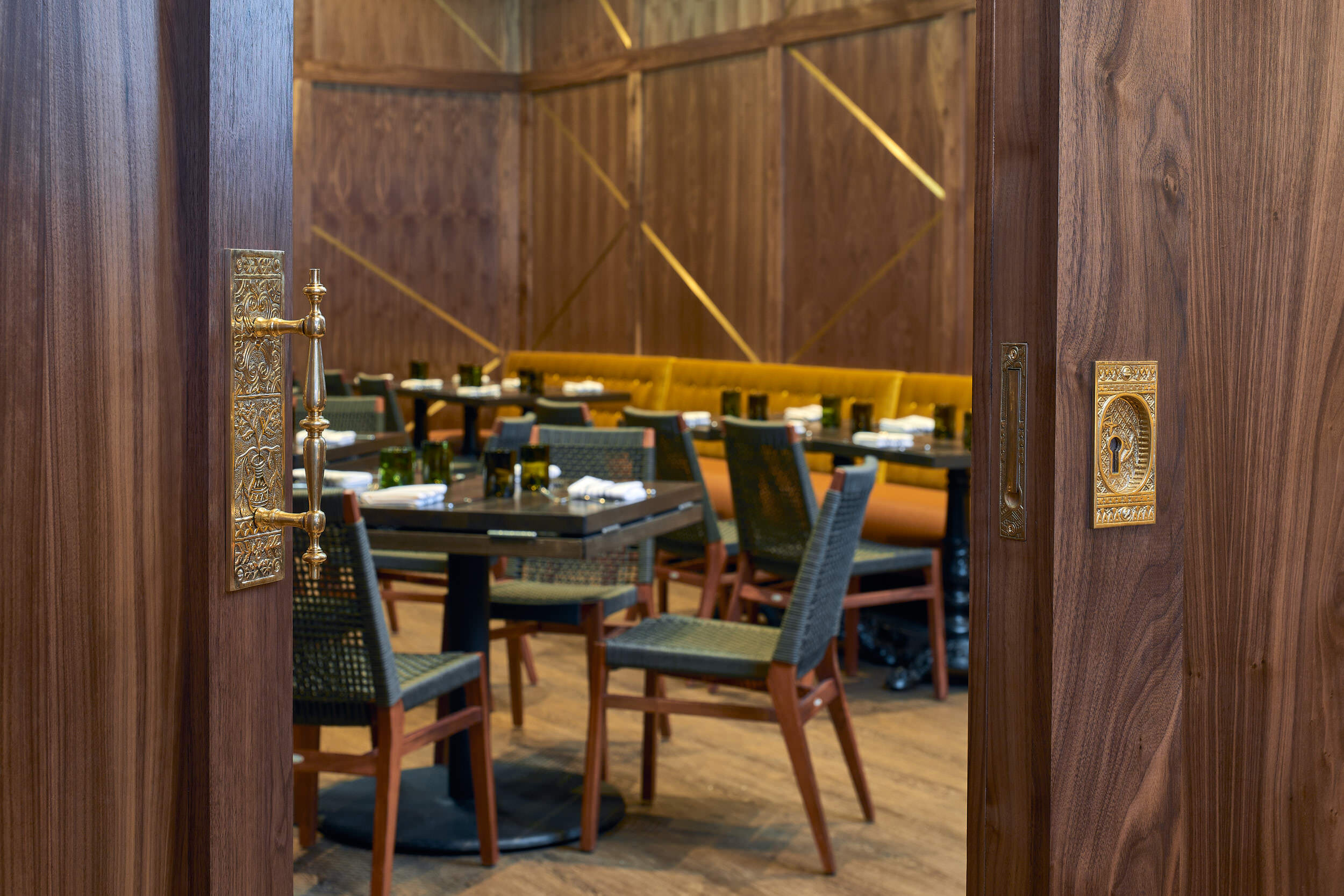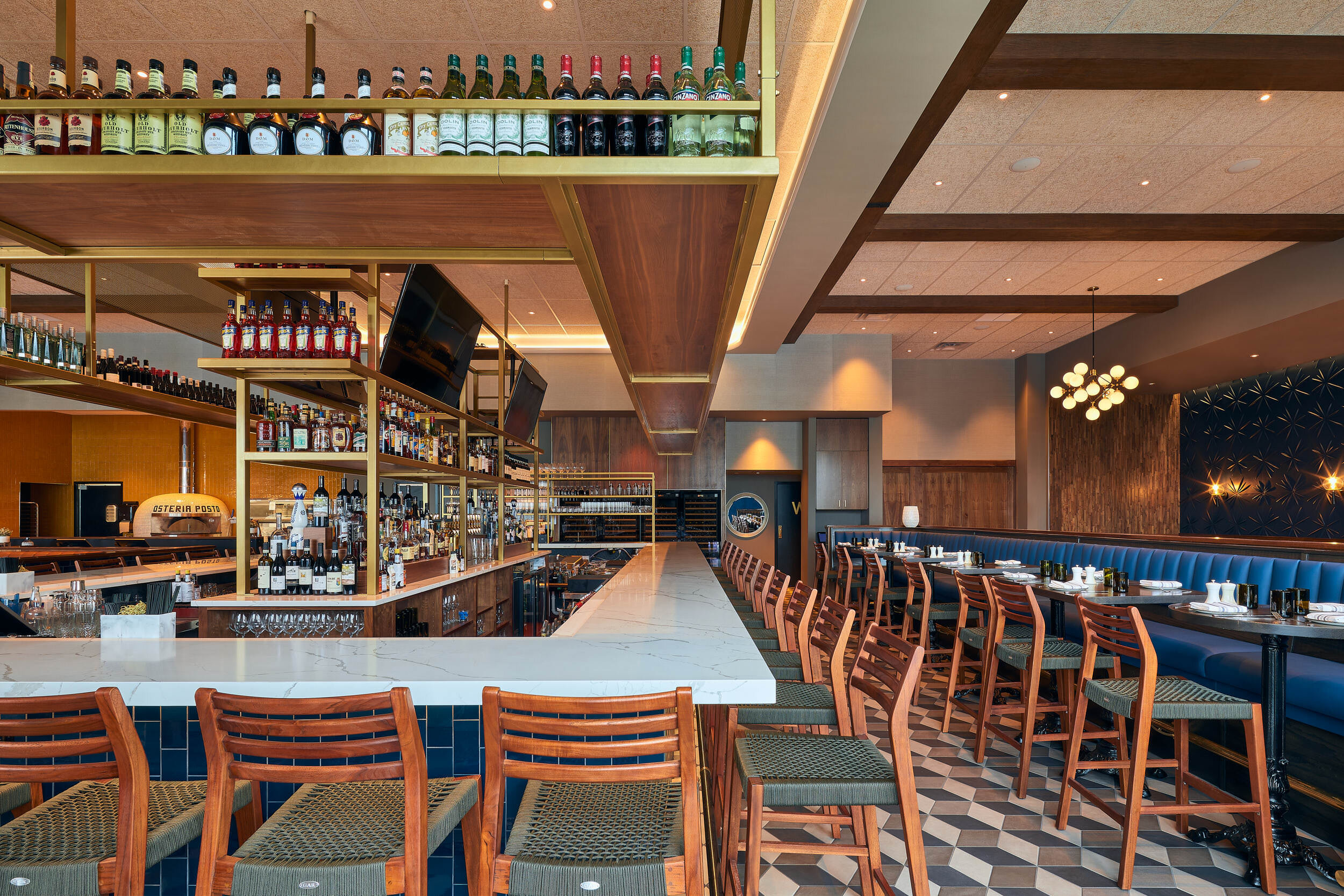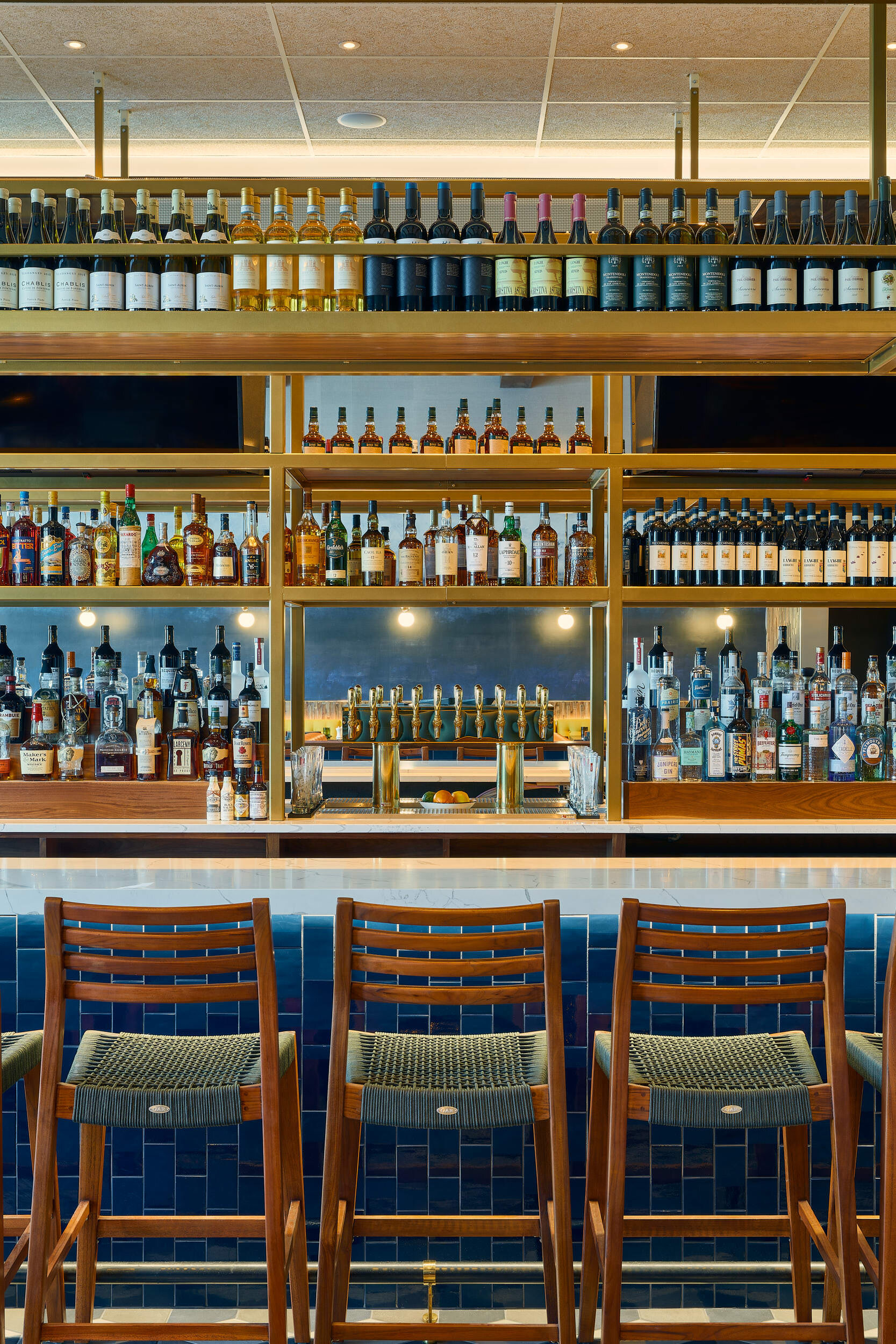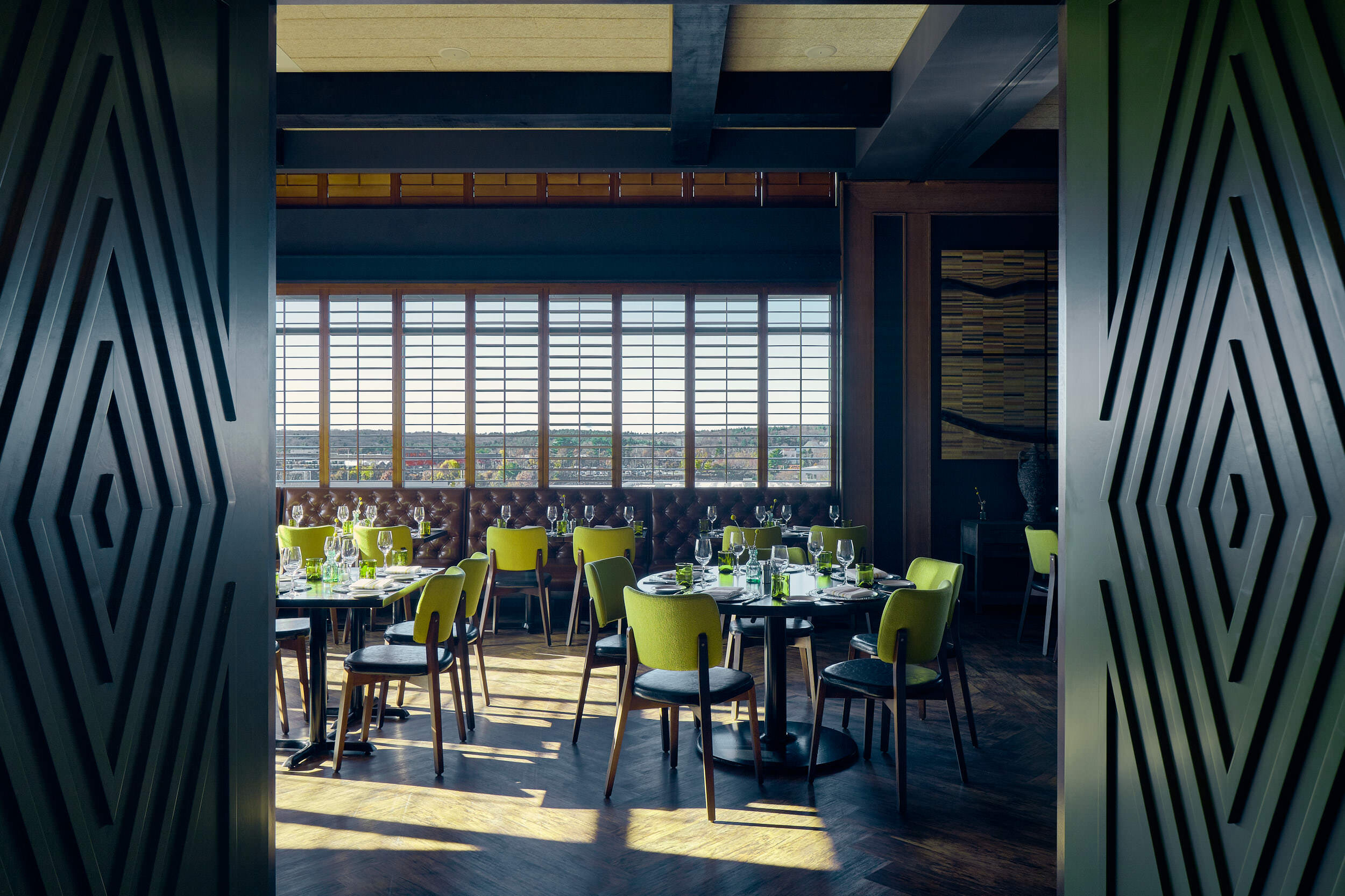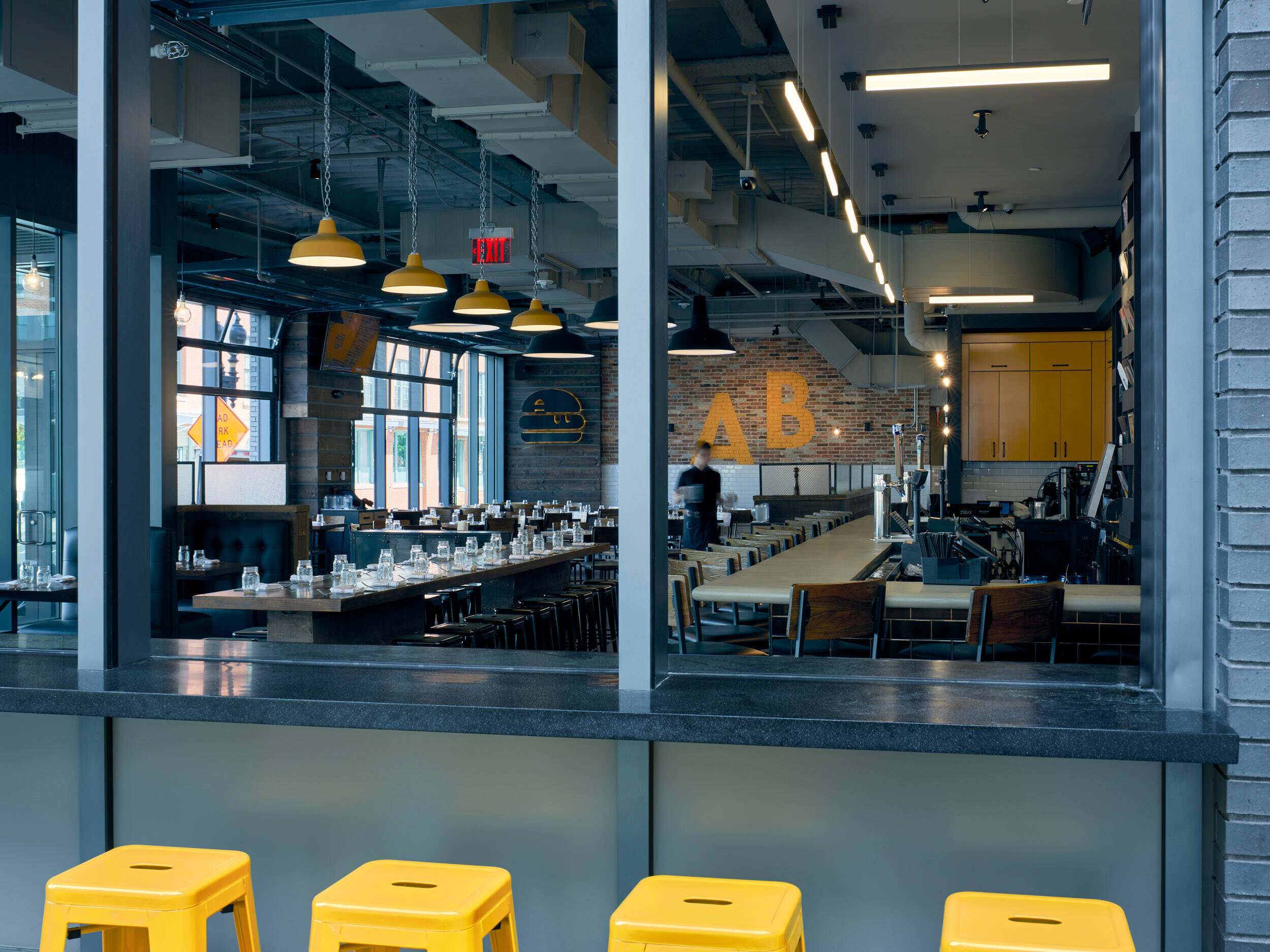For the second time in about six months, I've had to explain to new clients why they can't just "have the images" and "use them however they want."
Two weeks ago, I received an email from an up-and-coming architect from New York. Like many who reach out to me for the first time, this person's email opened with compliments about my work and information about how they found me. Then they explained the project they needed to have photographed, not giving too much away, but leaving room for me to ask for more information. And, as all of these emails do, they humbly asked what my rates were and if I were interested.
So, I responded, thanking them for the compliments and offered compliments of my own about their work. I also graciously thanked them for reaching out during these times. Choosing to spend money on photography is somewhat of a luxury these days, so I don't take lightly their decision to shop for a photographer. I then tried to gather a little more info before dropping a price. I also asked if other parties would be interested in buying-in on the shoot (it's common practice, saves my clients some money, and it’s a great way to increase revenue). Given that we're essentially in a buyers market right now, I chose to dance delicately through this negotiation to offer this potential client top-tier images without too great a cost.
When I heard back, I learned that only a few interior images were necessary, maybe 4-5 photos, tops. There wouldn't be any other parties that would be buying-in on the shoot. Contractors, interior designers, or vendors were not going to be involved with this shoot. The architect did mention that they weren't able to afford too much. They're a small firm, and judging by the photography on their site, they've been photographing projects themselves until this point or have had a friend with a camera photograph for them.
Understanding this project, I could photograph without an assistant and take only the more significant part of an afternoon right up until sunset to complete the shoot. I was able to conceive a price that seemed comfortable for both of us. I also reserved in my mind the potential to resell the images to those other parties later on, if they become interested. After a quick back and forth, the price was agreed upon - at this point, only through email.
Now during all of this, I explained how my licensing worked. I outlined how I choose to retain ownership, copyright of the images as the creator, and license photos for commercial use. My commercial license would allow the small firm to advertise regionally, use the photos on any website owned by them, publish the photos on their own social media profiles, print them on promotional materials, display them digitally in presentations, archive them, and submit them to competitions. My only request was that if another party was to benefit from using the images, they be referred to me to purchase a one-time license (like a blog, magazine, or newspaper). I have always held firm, that yes, editorial publications use social media as advertising. And that all magazines have a budget for photography. When a blogger or magazine publicizes an article written about my clients and posts my images on their sites and to their profiles, they produce content that is then analyzed for engagement, which drives advertising dollars. Once images are widely shared, a vast audience also wrongfully assumes that the photos are up for grabs. As a business owner, I have to protect my assets and revenue streams.
My last point was that if you're spending money on photography, why would you let someone else get the images for free? What if you spent thousands of dollars on a shoot, and found out I just gave the photos to the contractors and vendors for free?
And, here's when things changed.
For the second time in about six months, I've had to explain to new clients why they can't just "have the images" and "use them however they want."
This architect told me that photographers in LA (and let's be honest, it's not just in LA) were happy with just billing a fee for the shoot and just giving the images to their clients to use however they want. Theirs to own, they said.
Wow.
First off, whoever is doing this, you're operating an unsustainable business model! If you're new to this business, there's a learning curve, and I'm sure you'll soon course correct and find there is a way to make money as a photographer. But, if you've been at this for a while and this is your modus operandi, I hate to say it, but you are the reason why you're working so hard and not making any money. And, you're devaluing the work of your peers.
After pleading my case and reasonably explaining why I couldn't just let them send the images to the well-known, internationally recognized publications in exchange for photo credit, we amicably decided to go our separate ways. The architect told me that they were better off just trying to find someone who would let them own the images.
If this is a growing trend, this industry will fail. Conversely, if clients are happy paying more, then I’m sure I can find a way to be happy letting them use the images however they want. But, if fees keep falling, then there’s nothing to save this ship from drowning. With the closing of so many professional photography schools, it seems only university photography programs that specialize in fine art are the only places left to educate our photographers of tomorrow. While I, too, started by offering shoots for a meager price, I never did any work for free or let the photos be shared in exchange for photo credit. My tax guy can't send the IRS clippings from the newspaper showing my business generosity for donation expenses on my Schedule C. Trader Joe's doesn't accept widely shared images on social media in exchange for groceries.
Suppose we're giving up on intellectual property rights. In that case, being an independent, freelance photographer will not be a profession in the future. If we're not taking this business seriously now, then when will we?
Sorry for the rant. If I reencounter this over the next six months, I dare say that the writing is on the wall.
- Joe
Past Articles about copyright, licensing, and pricing:

